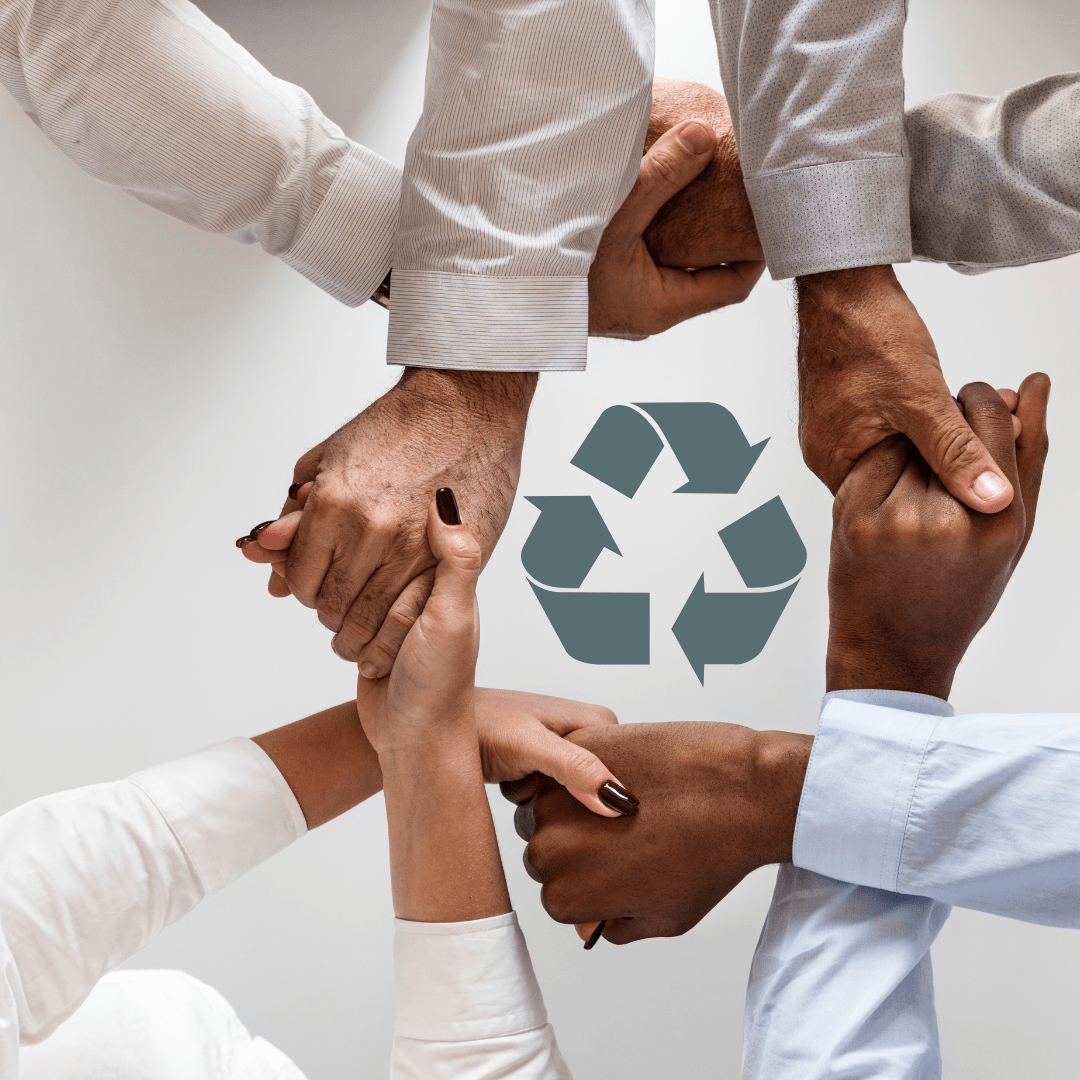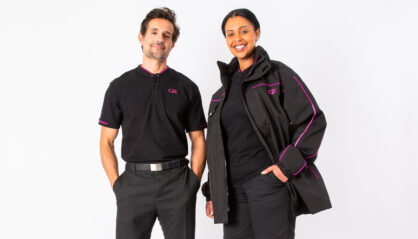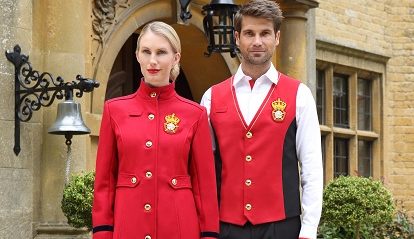Creating a Sustainable Future with Business Collaborations

With the race against climate change becoming ever-more important, the public is looking towards sustainable products. Businesses are being scrutinised for their impact on the environment. The fashion industry contributes over 10% of global carbon emissions and, as such, businesses are looking for ways to help contribute positively to their environment.
From recycling old products to finding uses for harmful materials, businesses are collaborating to assist each other in achieving carbon neutrality. And here at JSD, we are passionate about sustainability and durability.
Today, we will discuss the new business collaborations which are working towards a more sustainable future for all.
Sustainable kits with Liverpool F.C.
An understated sector of the fashion industry is the merchandise produced by football clubs. Selling hundreds of thousands of kits each year, it is important for clubs to promote sustainable, eco-friendly clothing production. Fans and players alike can support environmentally friendly practices by buying carbon-reduced clothing.
Part of a brilliant collaboration between Nike and Liverpool F.C. for the 2022/23 season has seen the creation of the most sustainable football kit to date. Swapping the machined polyester for plastic bottles, Nike has created a kit which is sustainable and low on waste. This is part of Nike’s ‘Move to Zero’ initiative. Over one million bottles have been recycled by Nike’s efforts annually. By wearing the new jerseys, Liverpool F.C. is promoting these efforts for a more sustainable future.
Trainers that save the ocean with Adidas
One of the most successful partnerships to date, Adidas committed themselves to sustainability when they joined in partnership with Parley in the Ocean back in 2015 – proving the potential of business collaborations to positively impact the environment.
Illegal gillnet is harmful to our oceans, causing problems for much of the aquatic life. This material is particularly dangerous given its non-degradable nature. Parley for the Oceans works to remove this harmful netting from the oceans. This is then sent on to Adidas where their manufacturers turn it into yarn, making shoes from the waste.
Discarded fishing nets are responsible for almost one half of all plastic waste in the Great Pacific Garbage Patch.
Adidas not only use the gillnet to create their shoes but in the past five years, they have reduced their virgin polyester usage by 50%. By 2024, Adidas predicts that 100% of their polyester usage will be recycled.
A necklace with a digital history with Dell
Have you ever wondered where exactly your gold came from? LA jeweller, Nikki Reed partnered with Dell to provide customised jewellery with a history. From motherboard to ring finger, this collaboration has produced unique designs dedicated to sustainability.
Dell, a longstanding and well-recognised technology company, has been practising sustainable recycling since 2008. With the amount of e-waste going to landfills, Dell decided to change up their practices and come up with a sustainable way of recycling their products. This includes the gold from inside old computer motherboards.
The gold, in turn, gets rendered down and made into 14- and 18-carat gold bespoke pieces of jewellery, as a collaboration with Nikki Reed’s company BaYou with Love.
This saw the creation of the Circular Collection back in 2018, as Dell centralised their efforts towards conscious resourcing.
Dell aims to recycle all parts of their computers, including the gold from their motherboards in an effort to increase recycling responsibility, which currently stands at only one-eighth of the time.
Buying with Bayou with Love, you can get the same high-quality product without the need to mine for it – making it both ethical end environmentally friendly. Except, this jewellery does not come at a cost to the environment. Not only does rendering down old gold to make new jewellery stop the mining process, but it also saves these computer elements from landfills.
Making sh-room for new materials with Stella McCartney
Bags aren’t the first thing you think of when mushrooms are mentioned. However, due to a fabulous collaboration between Bolt Threads and Stella McCartney this year, we have seen the first faux-leather bag made from fungi.
Going on sale at the beginning of July, this bag had a limited run of 100 pieces. However, there are plans to take the production of this material further.
The mushroom-based material, Mylo, gives the same quality and luxury, feel as leather without causing any harm to animals. This product is not only sustainable, but also vegan without having to compromise style, look, or feel.
Bolt Threads are not the only company that Stella McCartney has joined in a sustainable collaboration. Stella McCartney partnered with Hunter to create further eco-friendly products. This collaboration saw the creation of YulexMT, a natural rubber boot. Not only are these vegan, but they also contribute one-fifth of the carbon dioxide generated through the creation of its alternative, neoprene.
Likewise, Stella McCartney is not the only company Bolt Threads have shared this dynamic, new material. The likes of Lululemon have used this material to produce exercise essentials such as gym bags and yoga mats, which have gone on to be sold in stores such as Selfridges.
Having a lasting positive impact on the environment should be at the forefront of most businesses as we enter a climate of increasing global warming concerns. Many businesses are seeing the benefits of working collaboratively with non-profit organisations to bring down their carbon footprint. And the rewards of the fashion industry working with sustainable business models can have a large impact on the environment. Revolutionary or recycled materials are changing the way we view our clothing, not only for sale but the bespoke uniforms our employees wear.
Whether we are reducing animal cruelty by choosing vegan alternatives, or we are reducing landfills but recycling and reusing products for new pieces, taking care of our environment is something we can all contribute towards and it can start with a simple wardrobe change.
Sources:
https://bayouwithlove.com/pages/our-story
https://bayouwithlove.com/pages/conscious-sourcing
https://www.parley.tv/updates/adidasxparley
https://www.seashepherdglobal.org/latest-news/marine-debris-plastic-fishing-gear/
https://www.liverpoolecho.co.uk/sport/football/football-news/liverpool-nike-shirt-kit-new-18782461
Liverpool FC’s new Nike football shirt is the most sustainable ever | British GQ (gq-magazine.co.uk)





